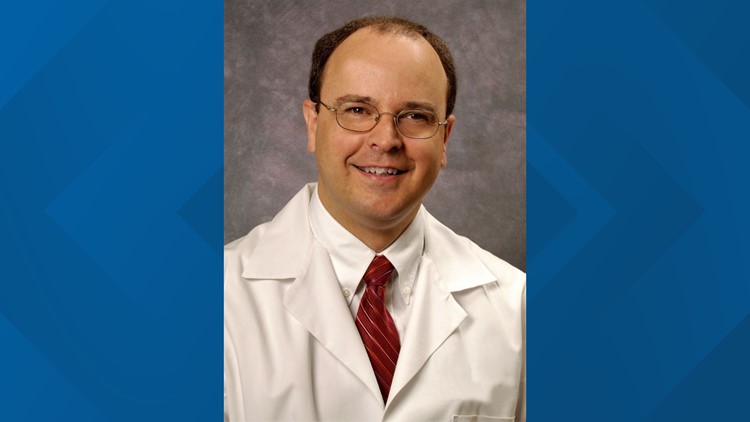ST. LOUIS — Researchers at Saint Louis University's School of Medicine, Arrowhead Pharmaceuticals, and Takeda Pharmaceuticals reported the first effective drug to treat a rare, genetic liver disease.
Alpha1-Antitrypsin (AAT) Deficiency affects 1 in 3,500 births and can cause serve lung disease in adults or liver disease in adults and children. AAT is a protein that is made in the liver and released into the blood in large quantities which helps protect the body when there is an infection.
Symptoms of the deficiency may include shortness of breath and wheezing, repeated infections in the lungs, yellow skin, fatigue, and even death.
The only treatment for this disease, before this research, was a liver transplant.
SLU School of Medicine and Industry Partners reported the first effective drug to treat the disease. Their study "Fazirsiran for Liver Disease Associated with Alpha1-Antitrypsin Deficiency,” was published in the New England Journal of Medicine.
Phase two of the study investigated the safety and efficacy of fazirsiran, an RNA interference drug, with patients between 18 and 75 years old with liver disease associated with alpha1-antitrypsin deficiency.
“This is the culmination of over a decade of work to cure this disease, and a significant part of the work was done here,” said Teckman, who also is director of pediatric gastroenterology and hepatology at SLU. “We have patients come around the country to see SLU’s expert faculty members at SSM Health Cardinal Glennon Children’s Hospital with this disease for care and to participate in our studies.”
Jeffery Teckman, M.D., is a professor of pediatrics and biochemistry and molecular biology who also authored this paper.
Teckman said that many of those who are impacted are often undiagnosed or misdiagnosed with other diagnoses. These would include fatty liver disease, asthma, or smoking-related lung disease.
“When I was in medical school, I learned that reduction in liver fibrosis, or scar tissue in the liver, with AAT deficiency was impossible, but now we see that we can reverse this process in humans with minimal side effects,” Teckman said.
Now, the team will expand the international study to include additional adult patients and children.



